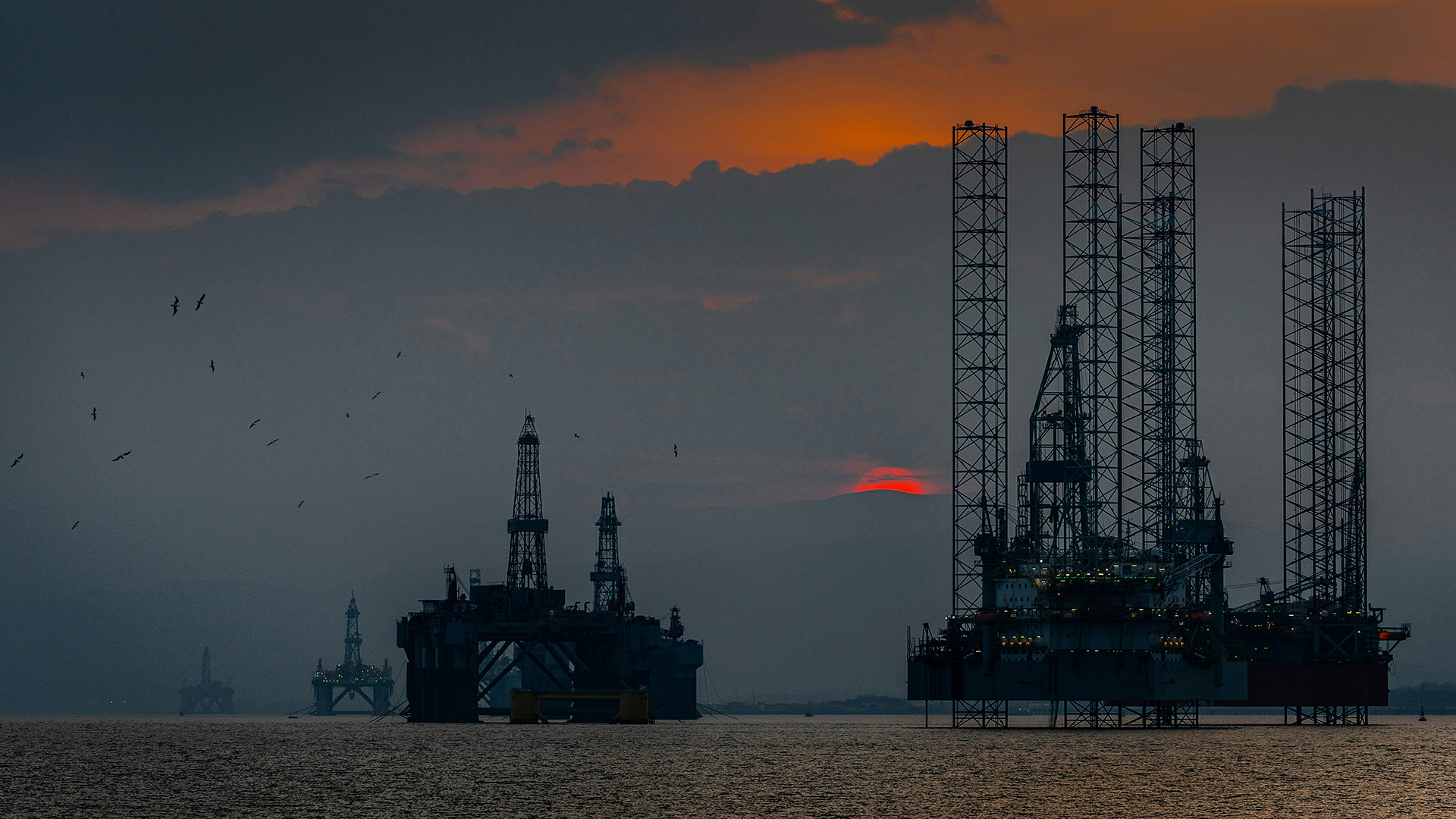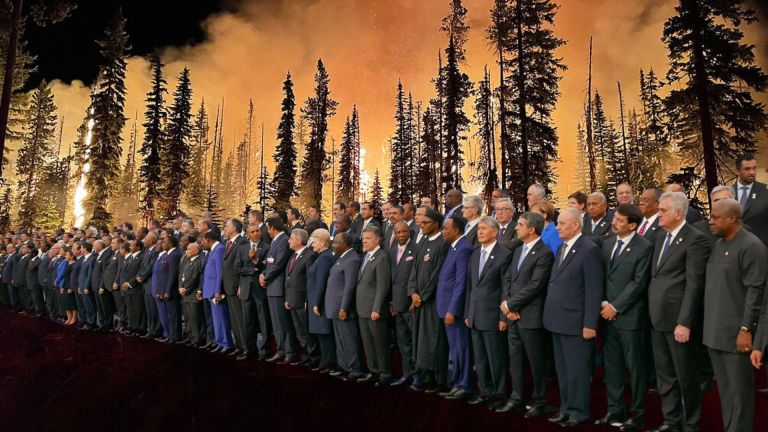Norway is one of the world’s wealthiest countries, ranked ninth in 2023 out of 44 European nations. Much of its riches come from its particularly fruitful North Sea oil and gas fields: in 2022, Norway exported 1.4m barrels a day, worth almost £140bn through the year, boosting its sovereign wealth fund which sits at well over £1tn.
The UK may not be performing so well economically, but it also exports the majority of its North Sea oil and gas. In 2021, we extracted 53m tonnes of oil from our waters, exported 45m tonnes, then imported another 51 tonnes.
Change a Big Issue vendor’s life this Christmas by purchasing a Winter Support Kit. You’ll receive four copies of the magazine and create a brighter future for our vendors through Christmas and beyond.
The recent licensing of the Rosebank oil and gas field off the coast of Scotland has consolidated the UK’s place in the international network of fossil fuel trading. A collaboration between Norwegian state-owned energy giant Equinor, Canada’s Suncor Energy and Britain’s Ithaca Energy will see the extraction of an estimated 300m barrels of oil from 2026 through to 2050, contravening the UK’s self-imposed and legally binding deadline to reach carbon neutrality.
The vast majority of this oil is likely to go directly oversees rather than solve any domestic energy crises.
Get the latest news and insight into how the Big Issue magazine is made by signing up for the Inside Big Issue newsletter





